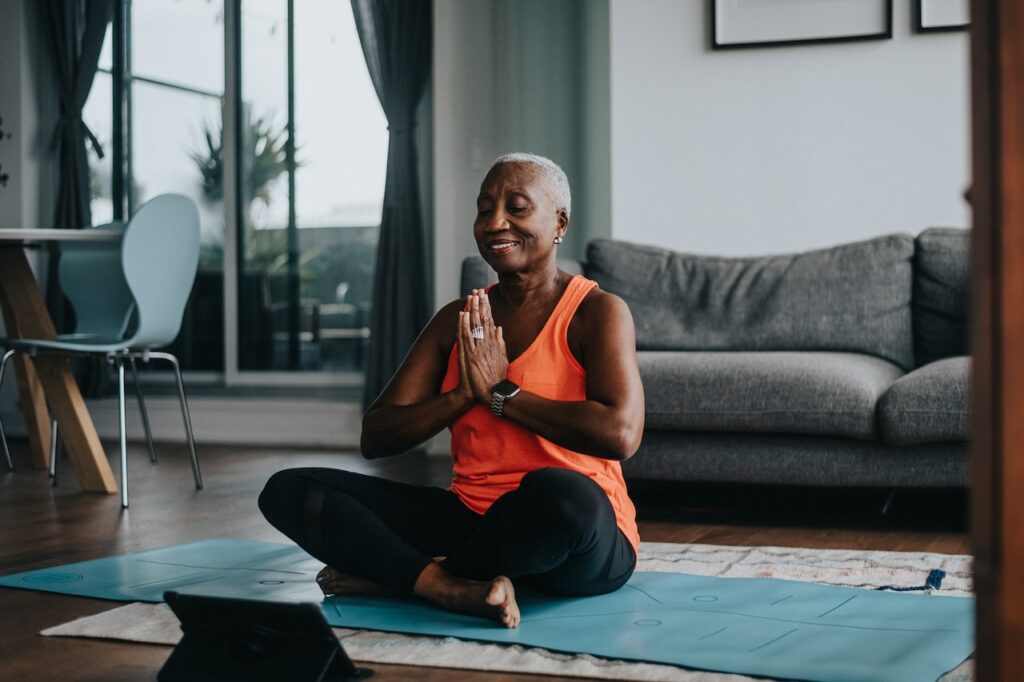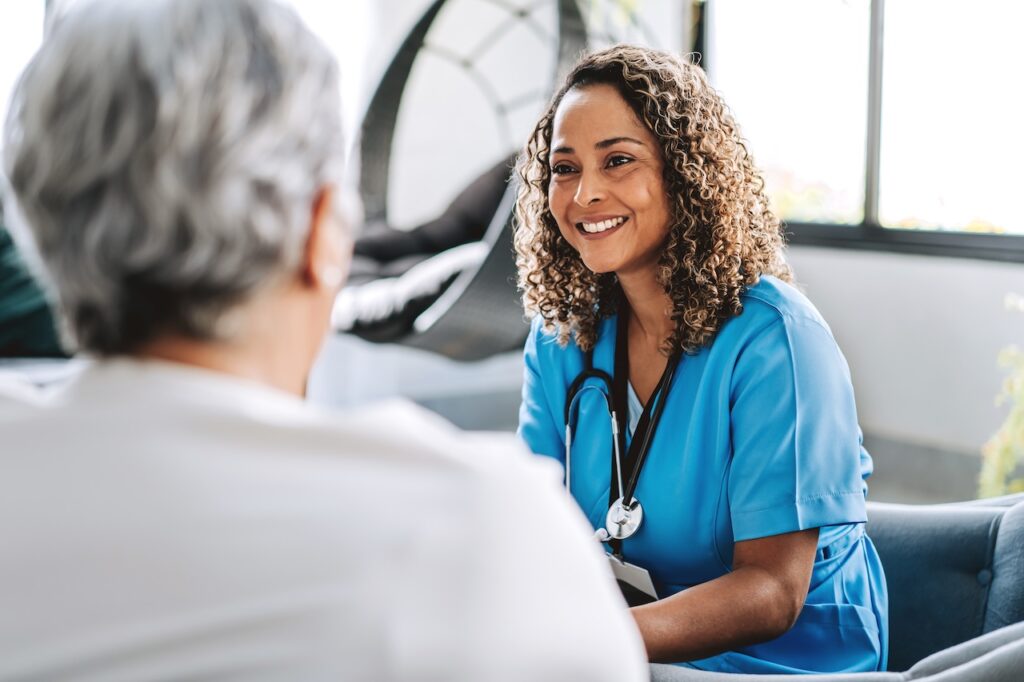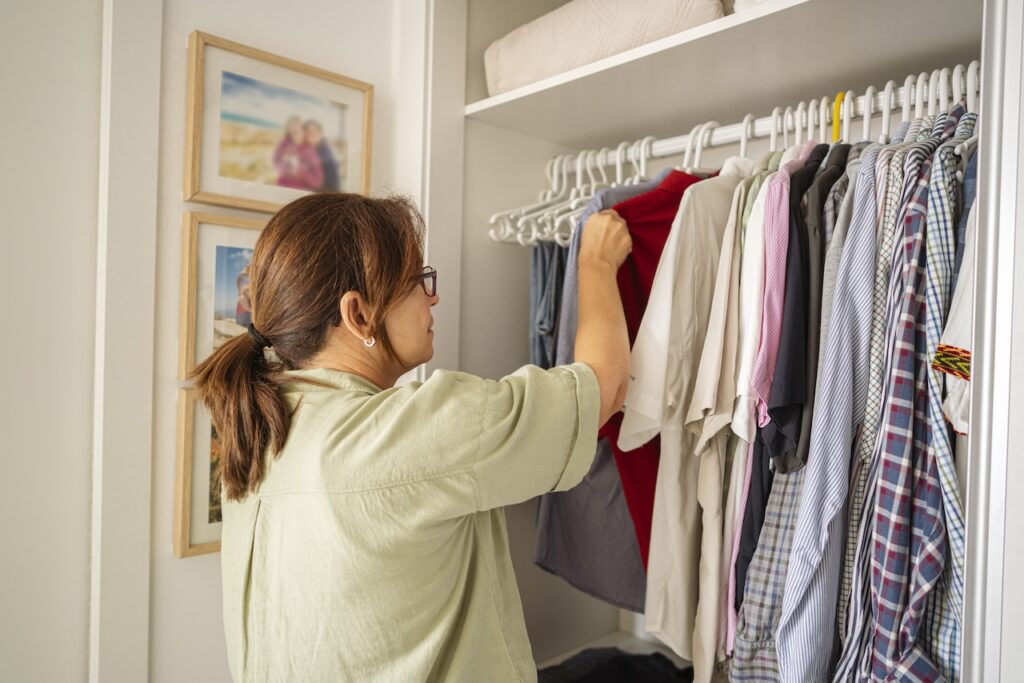Co-Pay assistance for cancer treatment
Understanding the benefits of your health insurance after a cancer diagnosis can be overwhelming and altogether difficult to understand. You’re already concerned about your health and your treatment options, so making sure your insurance will cover your treatment can stack up to just another stressor for both you and your family. Whether you’re making an informed decision about which provider to choose, or understanding the benefits you already have, that process can take patience and time.
Depending on your insurance provider, chosen plan and key benefits, you may be obligated to pay a copay for treatment, which means you’ll pay a fixed amount every time you visit your doctor or receive treatment. Beyond that co-payment, there are often additional out-of-pocket costs associated with treatment or medications that haven’t gone generic yet, as well as deductibles that must be met before things become less expensive to your own personal bottom line.
Prescription drugs can be quite unaffordable, whether you’re uninsured or privately insured and looking for financial assistance. Your care team might not prioritize cost when recommending treatment, because their ultimate goal may be to treat your disease. Some pharmaceutical companies do have patient assistance programs (PAP) to assist with your ability to afford drugs, treatment or care.
These pharmaceutical-operated programs can include:
Subsidized treatment
If you know the manufacturer of your treatment, you can try to determine if they have a PAP you can leverage.
The non-profit FORCE has compiled links to a wide range of pharmaceutical company PAPs to support chemotherapy and medications here.
Co-pay cards
Your doctor might give you a co-pay card, which when given to your pharmacist provides a discount on their cost-sharing, and leads to less cost to you, the patient. This could be an actual paper card or a digital form given to you by your healthcare provider, or you can often find it yourself at the drug’s patient-focused website.
Electronic “switch”
When you go to the pharmacy, they can electronically activate a discount on your medicine without an actual card. If you’re on Medicare or insured through a veteran’s program, just make sure to let your pharmacist know because there are Federal Anti-Kickback statutes that don’t allow drug companies to directly pay for your drugs if you’re already part of a Federal Health Care Program.
Additionally, there are other organizations out there – such as non-profits and patient advocacy groups – who can help cover out-of-pocket costs during your treatment. To find out more and see if you qualify for assistance, visit this list of organizations and talk to your care team.
If you have additional questions or you would like to learn more about co-pay assistance, you can connect with an Outcomes4Me oncology nurse practitioner at no charge through the Outcomes4Me app, using the “Ask Outcomes4Me” button.
Personalized support for real care decisions
Understand your diagnosis, explore clinical trials, and track symptoms--all in one place.
Get started
Compare treatments, prepare for appointments, and track side effects—all in the app
Built for your diagnosis, Outcomes4Me gives you the tools to make confident, informed decisions—right when you need them.
Continue in app






